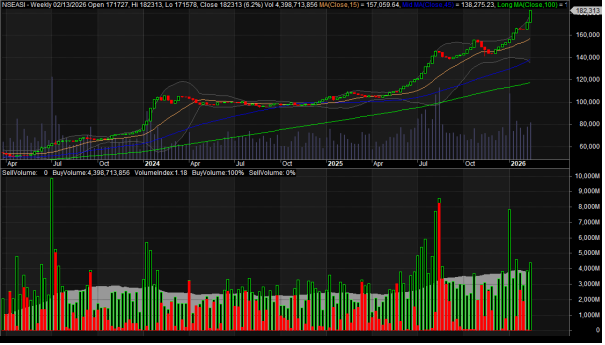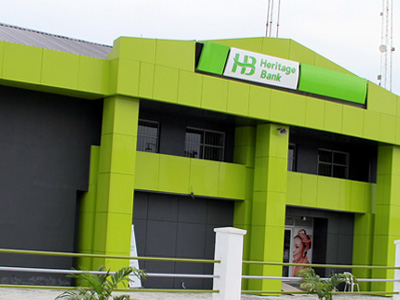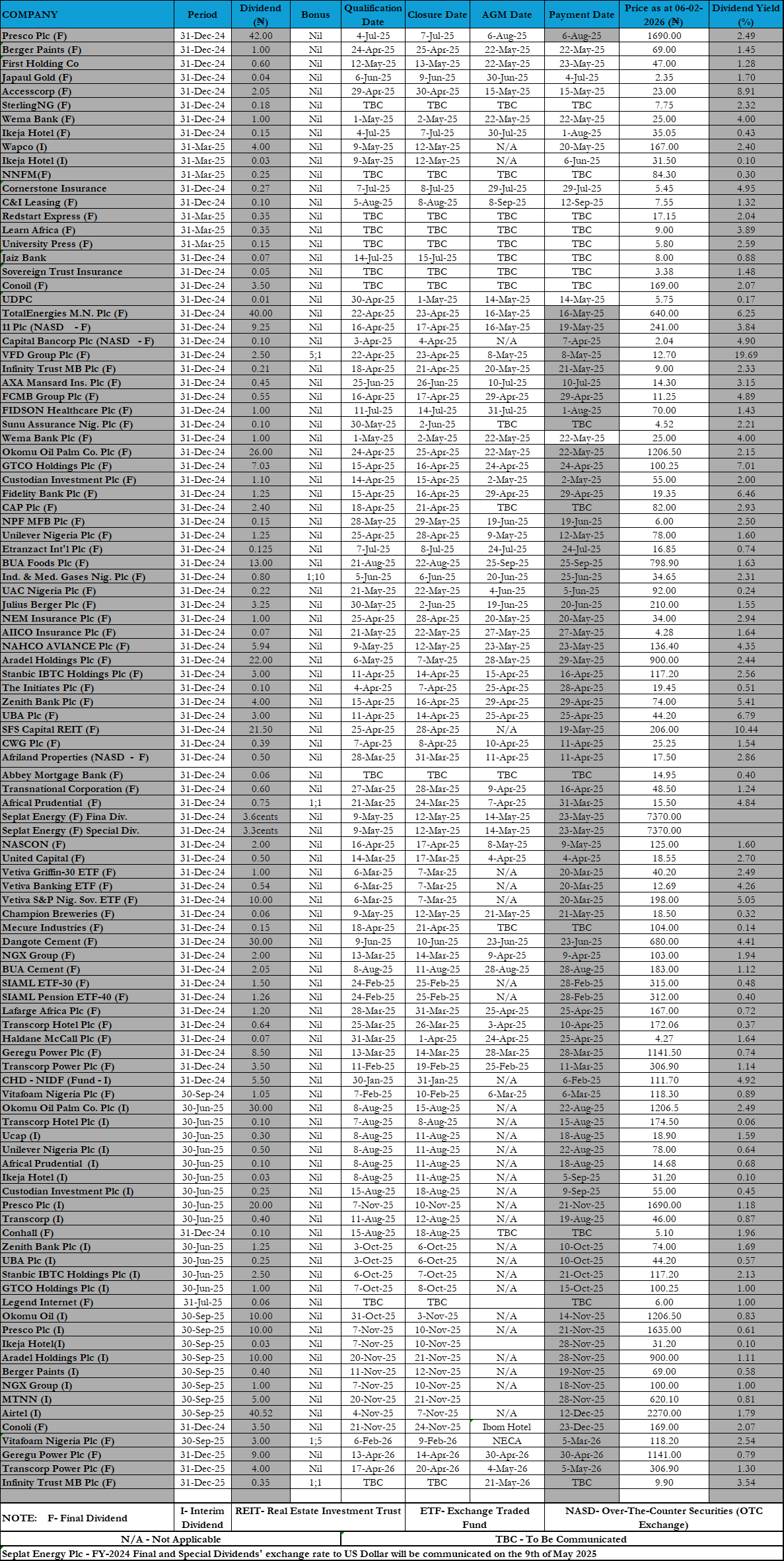
The 2019 financial year may not have been a year of robust year for Guaranty Trust Bank Plc, judging by the performance score-card presented by its board on Monday, indicating flat growth across revenue lines, while the cost side mostly recorded double-digit growth, especially the fee and commission expense, as well as depreciation and amortization.
Revenue and profit for the period were flat, even as the management successfully kept loan impairment charges in check, despite the growth in customer loans and advances for the period from N1.259tr in 2018 full-year to N1.5tr.
Gross earnings for the period stood at N435.306bn, up from N434.698bn, a sluggish 0.14% growth, driven by the N239.992bn from its corporate banking segment, followed by retail banking, N124.87bn; commercial banking, N35.941bn; SME banking, N23.096bn; and N10.094bn from the public sector.
A further breakdown of the gross earnings shows that Nigeria accounted for N347.582bn, or 79.84% of total and a pointer to the need for revenue diversification, up from N356.196bn, or 81.94%; followed by N62.748bn from the rest of West Africa; N16.709bn contributed by its operating units in East Africa; while Europe pooled N8.266bn.
Interest income dropped by 3.5% from N306.963bn, as restated in the 2018 year-end, to N296.204bn, while interest expense declined from N84.529bn, down by 23.29% to N64.841bn, also boosted by the N48.198bn from corporate banking; ahead of N8.069bn from retail banking; and N3.965bn from commercial banking, among others.
Net interest income, therefore, rose to N231.363bn from N222.433bn, with loan impairment charges rose marginally from N4.906bn to N4.911bn, following which net interest income after loan impairment charges inched from N217.527bn to N226.451bn, a 4.1% rise.
Fee and commission income climbed by 19.19% to N62.418bn from N52.367bn, but fee and commission expense grew at a faster pace of 56.8% from N1.897bn to N2.975bn; while net fee and commission rose by 17.78% to N59.443bn from N50.47bn. Net operating income stood at N366.161bn, boosted by N191.038b from corporate banking, N114.975bn of retail banking, just as commercial and SME banking contributed N31.745bn and N20.701bn respectively. The biggest contributor to operating expenses at N108.378bn in the period under review was retail banking with N47.501bn; corporate banking, N20.59bn; commercial banking, N19.675bn; and SME, N16.03bn.
Net gains on financial instruments classified as held for trading dropped by 15.03% to N20.889bn from N24.583bn.
Other income increased by 9.86% to N55.793bn from N50.783bn.
Personnel expenses inched slightly to N37.284bn from N36.856bn; depreciation and amortization climbed by 28.72% to N22.692bn from N17.629bn; other operating expenses dropped to N68.879bn from N70.558bn.
Profit before tax, therefore, rose to N231.707bn, up by 7.48% from N215.586bn; income tax expense grew by 12.85% to N34.842bn from N30.875bn; of which N196.736bn was recorded from its Nigerian operations, compared to the previous N189.873bn. Profit after tax stood at N196.849bn, up by 6.57% from N184.711bn, representing an earnings per share of N6.96, up from N6.54, following which the directors have recommended a final dividend of N2.50. This brings to total payout for the year to N2.80 per share, considering the interim dividend of 30 kobo distributed at half-year; compared to a cumulative N2.75 each in 2018.













